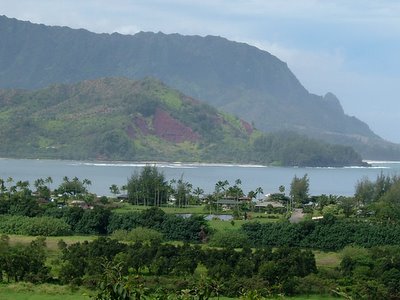Haruki Murakami - Kafka on the Shore

Finally got round to reading Kafka on the Shore by Murakami Haruki. This link takes you to his official website complete with haunting music, cityscapes and black cats.
The book I have is a small, slippery paperback version that I picked up at the airport. I've managed to snap it's spinal chord and I fear it's not long for this world. The cover design is by Chip Kidd who sounds like a character in one of Murakami's novels. The print is very small, a factor that put me off reading it for a month. I'm now on page 359 out of 489 and am totally hooked.
In fact, I was gripped by the start of a novel for the first time in a long while. I like the parallel narratives, and am enjoying the way Murakami takes you on a journey through Japan, a journey to places I have been and seen. Much of the journey is spent in the countryside. Reading it in English, but being set in Japan, I feel as if it has been written for me and those like me - those with a fair knowledge of Japan as a setting, but who interpret Japan in the English tongue. It doesn't feel unnatural in the slightest to me, to be reading this Japanese novel in English.
I think that a lot of the credit for this must go to the translator, Philip Gabriel. The novel reads very smoothly. (You can read a short interview with him here). Every now and again, I find myself guessing at what the original version of the Japanese novel said, especially in parts of the dialogue. David Mitchell, ex-Hiroshima novelist, criticizes a homogeneity in tone among the cast in his review in The Guardian. He also felt the Americanization would annoy some non-Americophones citing "Jeez Louise!" as an example. I'm certainly no Americophone, but the only part of the English version that jarred so far for me, was when one of the characters asked for his rice to be "super-sized". But having said that, in a novel with characters like Colonel Sanders and Johnnie Walker popping up, it doesn't seem so strange for the text to be McDonaldized.
So far, I reckon both Murakami and Gabriel have really hit the mark in this novel. Hoping that the last 130 pages don't disappoint.






